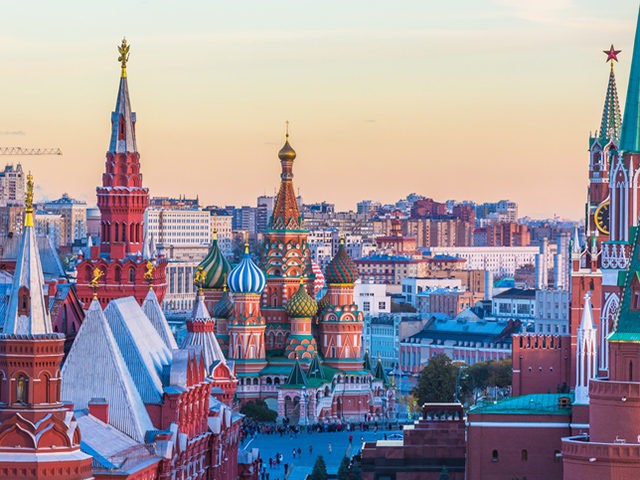Open Media, a Russian Internet freedom news portal, reported on Tuesday that Moscow is preparing to implement a “social credit” system similar to the one used in China.
Social credit systems monitor residents in various ways and feed huge amounts of data about them into algorithms that evaluate the quality of their citizenship, including their loyalty to the ruling regime. Those flagged as “poor citizens” can find themselves automatically stripped of benefits, barred from employment, or prevented from traveling, usually with little chance of appealing the system’s judgments.
The Moscow Times summarized Open Media’s report, which was based on public documents filed by Moscow municipal agencies:
Moscow City Hall has since 2017 been collecting the gender, age, income level, and relationship to other people signed up to its mos.ru website as part of the internet activity monitoring system called IS STATS.
Open Media reported that Moscow City Hall placed a 280 million ruble ($3.7 million) tender last week to expand the system’s capabilities.
The digital profiles will now include information about Muscovites’ violations, fines, debts, and participation in various events, according to the cited documentation. The data will be compared with information from public Wi-Fi networks and mobile phone operators.
Moscow City Hall will be able to divide the data into groups that include “signs of loyalty,” according to Open Media.
The IT department at Moscow City Hall insisted it would keep the data the system amassed and analyzed anonymous and studied more for trends than punishing or rewarding individuals, which would be a major difference from China’s system. Skeptics doubted those promises of anonymity, with Internet rights activist Stanislav Shakirov bluntly stating that he expects the Moscow social credit system will be “personalized down to every citizen” and its data will probably end up on the black market.
Russian officials previously denied they were interested in building anything like China’s social credit system. Deputy Prime Minister Maxim Akimov said in November 2018 that social credit was a “fairly obvious threat” the Russian government would avoid falling into, even as it began amassing hefty “digital profiles” of every citizen.
“Scoring a person’s political and social behavior, as well as assessing its success or failure — there are currently no such projects,” he insisted.
In a 2019 policy brief on “digital authoritarianism,” the Brookings Institution found Russia to be almost as interested as China in using the Internet to monitor and control its citizens but assessed the Russian state as lacking the electronic infrastructure to impose a full-blown social credit system.
The Russian government strongly believes in having a “sovereign Internet” (i.e. a controlled and censored Internet that enables the government to decide what citizens are allowed to see) but it allows more access to foreign social media sites like Facebook and Twitter than China does, and Brookings found its surveillance systems were less sophisticated and pervasive than China’s. If the city of Moscow is moving in the direction of a social credit system, those judgments may need to be reassessed.

COMMENTS
Please let us know if you're having issues with commenting.